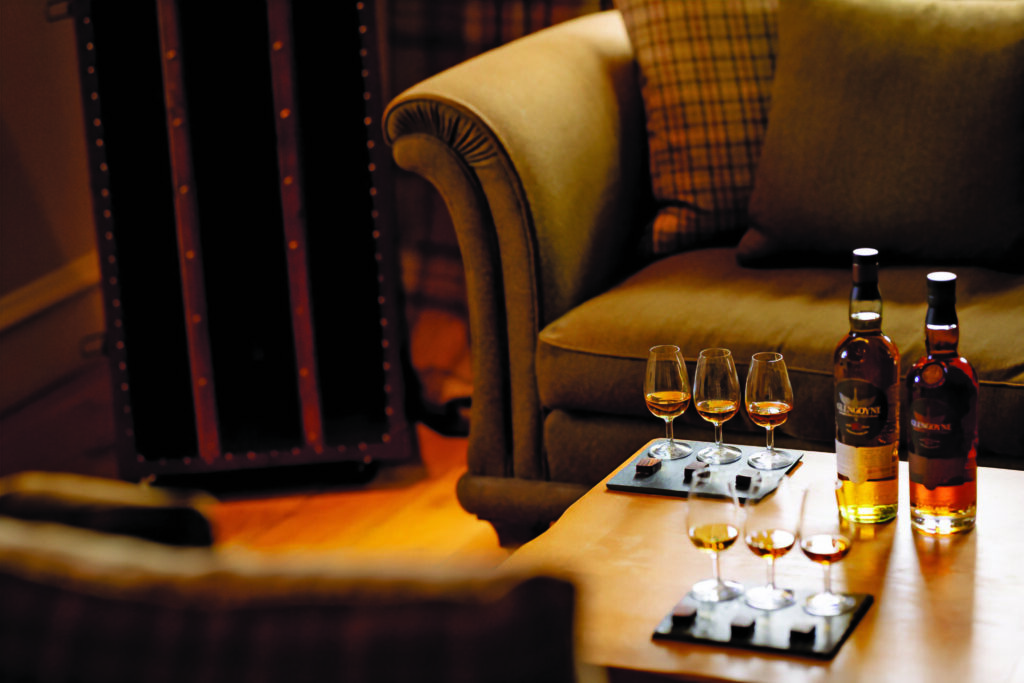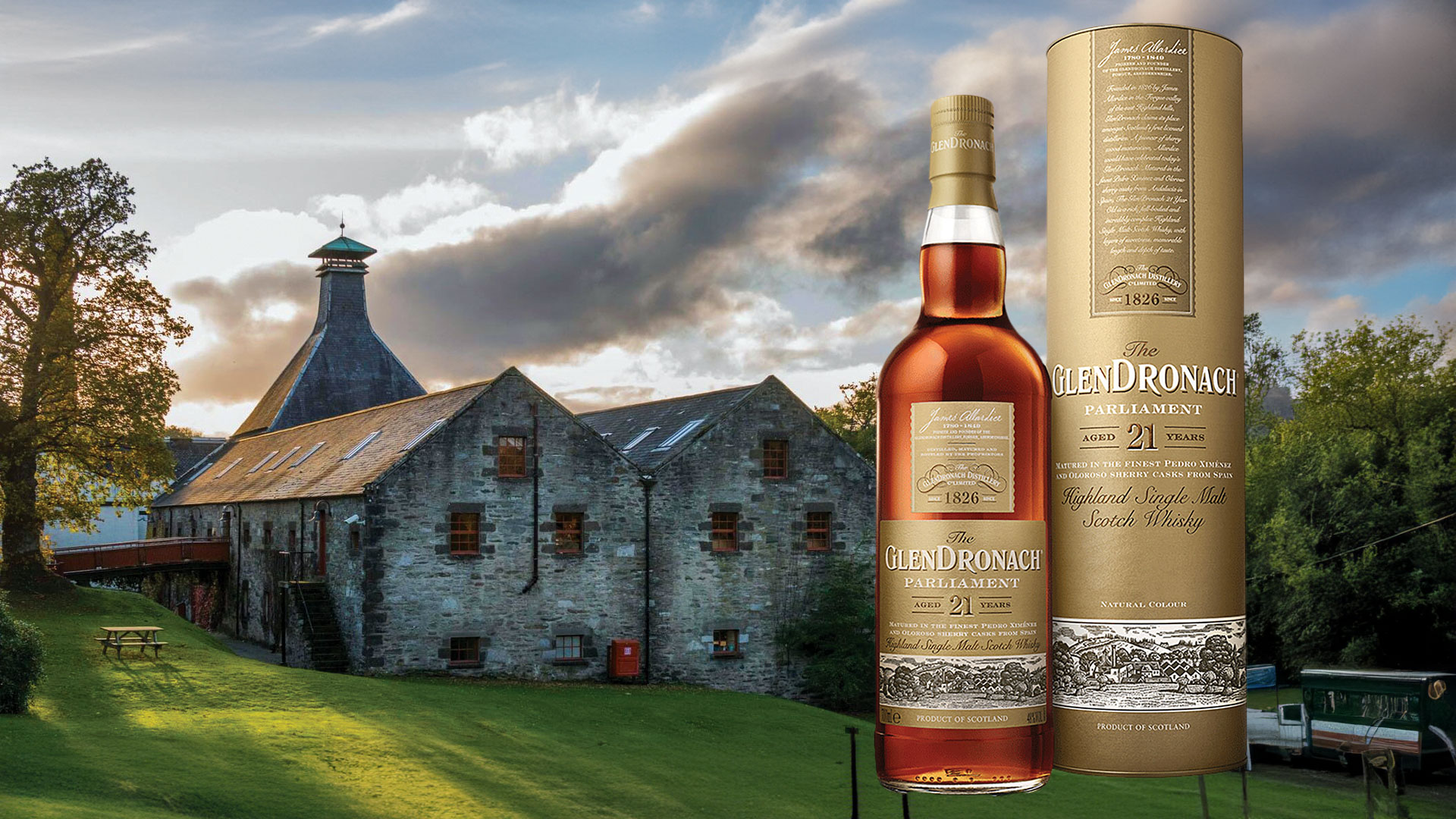Among other attractions, Scotland is known throughout the world for its wonderful Scotch whisky. There has been something of a renaissance of the industry over recent years, and now there are about 140 distilleries producing Scotch, which can be malt whisky (made from malted barley) or grain whisky (unmalted barley, wheat, rye, maize), or a blend of the two. It must be aged in oak barrels for at least three years upon distillation.
The most prized of the types of Scotch whiskies is single malt, which as the name suggests is whisky produced wholly from malt in one distillery. Malted barley produces a richer, sweeter tipple than the spicier, more robust drink of its not-malted-grain cousin.

High quality
“The Highlands offer dramatically beautiful locations that yield distinctively bold and elegantly balanced whiskies,” says Keith Archer of Seeking Infinity Limited, a luxury assets firm specialising in art and whisky.
Archer believes the area is perfect for making whisky for a variety of factors. “Due to the Gulf Stream, the Highlands have a milder, damp marine climate compared to other Scottish regions. Longer summers are also better for barley production,” he points out.
Highland distilleries are often ideally located, taking advantage of the many coastal and inland locations. “Rivers like the Spey, Ness and Orchy provide soft, mineral-rich water from granite, sandstone and schist rock, which is an exceptional water source for whisky distilleries,” explains Archer.
Whisky galore
He highlights the diversity of the Highland whisky makers, from those producing lighter inland malts to others that he describes as “more robustly ocean-influenced coastal renditions”.
“The Glenmorangie distillery produces whisky that elicits delicate citrus flavours like orange and lemon with hints of vanilla and tropical fruit,” he says of the distillery founded in 1843 in Tain, in the far north of Scotland.
Fettercairn is located in the foothills of the Cairngorm mountain range and produces a single malt whisky that is “rich and creamy with butterscotch, honey, white chocolate and toasted nuts”.
At Glengoyne, a distillery not far from Glasgow, they use a slower distilling process than other brands, resulting in a supremely smooth single malt. Archer describes this tipple as “honeyed, floral and vanilla-laced with heather, apples and pears”.
To characterise the whisky produced at GlenDronach, founded in 1826 and one of Scotland’s oldest licenced distilleries, he turns to a Christmas theme. “Its flavours are rounded and full-bodied with raisins, prunes, Christmas cake and a Sherry-wine influence,” he says.
At the foot of the Central Highlands, in the heart of the scenic Perthshire countryside, is the distillery of Aberfeldy. According to Archer, its whisky is “light-bodied and floral with notes of honey, orange peel and creamy vanilla”.
Singular form
He is most partial to the following trio of Highland spirits: The Dalmore, Royal Brackla and Deanston.
Produced for over 180 years, the Dalmore is known for its depth and finesse that hails from hand-selected casks. “Dalmore has a complex structure with dates, prunes, maple and Sherry-soaked raisins plus hints of smoke,” says Archer. Royal Brackla – which has the honour of being one of the few distilleries granted a Royal warrant – produces whiskies of “delicate complexity with a light peat influence and notes of honey, citrus and orchard fruit like pears”. The single malt produced by Deanston also emits fruity tones, while appearing floral and subtly smoky on the palate as well “with pear drops, plums and hints of bonfire”.



